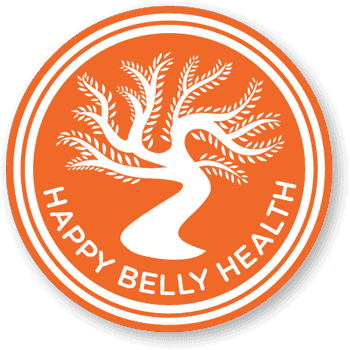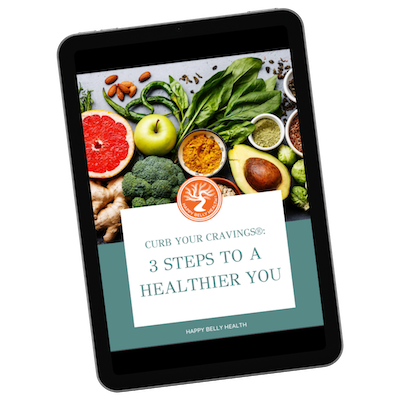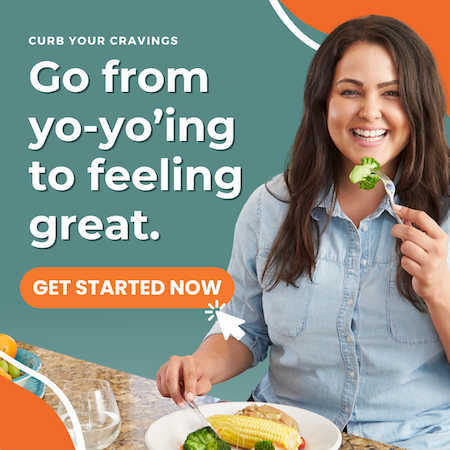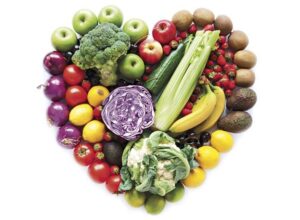Have you been wondering if you should give up caffeine? Here are ten good reasons why you should kick the habit for good!
10 Reasons to Give Up Caffeine
- Cardiovascular Problems: Caffeine increases heart rate, elevates blood pressure and can contribute to the development of heart disease. Drinking both decaf and regular coffee may increase cholesterol and homocysteine, the biochemical that science has linked to increased risk for heart attack. Caffeine is also linked to coronary vasospasms. Coronary vasospasms cause 20% of all fatal heart attacks that kill otherwise perfectly healthy people.
- Stress: Caffeine stimulates the excretion of stress hormones, which can produce increased levels of anxiety, irritability, muscular tension and pain, indigestion, insomnia and decreased immunity. Increased levels of stress can keep you from making healthy responses to normal daily stress.
- Emotional Disturbances: Anxiety and irritability are hallmark mood disturbances associated with caffeine consumption, but equally important are depression and attention disorders. Depression may occur as part of the letdown after the stimulant effects of caffeine wear off. It may also appear during the recovery period after quitting caffeine while the brain’s chemistry is readjusted. Rather than increasing mental activity, caffeine actually decreases blood flow to the brain by as much as 30% and negatively affects memory and mental performance.
- Blood Sugar Swings: Diabetics and hypoglycemics should avoid caffeine. Caffeine stimulates a temporary surge in blood sugar followed by an overproduction of insulin, which causes a blood sugar crash within hours. This rollercoaster causes weight gain since insulin’s message to the body is to store excess sugar as fat.
- Gastrointestinal Problems: Many people experience a burning sensation in their stomach after drinking coffee because coffee increases the secretion of hydrochloric acid, which leads to an increased risk for ulcers. Coffee, including decaf, reduces pressure on the valve between the esophagus and the stomach so that the highly acidic contents of the stomach pass up to the esophagus, which can lead to heartburn and gastroesophageal reflux disease.
- Nutritional Deficiencies: Caffeine inhibits the absorption of some nutrients in addition to causing the urinary excretion of calcium, magnesium, potassium, iron, trace minerals and all essential elements necessary for good health.
- Male Health Problems: Milton Krisiloff, MD, has found that in the majority of cases, men can significantly reduce their risk for urinary and prostate problems by making dietary changes, which include eliminating coffee and caffeine.
- Female Health Problems: Fibrocystic breast disease, PMS, osteoporosis, infertility problems, miscarriage, low birth weight and menopausal problems such as hot flashes are all exacerbated by caffeine consumption. Women on birth control pills are particularly at risk since they tend to have a decreased ability to detoxify caffeine.
- Aging: Many people find that in their 40s, they can no longer tolerate the same level of caffeine consumption they could in their 20s and 30s. Production of DHEA, melatonin and other vital hormones decline with age, but caffeine speeds up that process. Caffeine dehydrates the body and contributes to aging of the skin and kidneys. It has been shown to inhibit DNA repair and slow the ability of the liver to detoxify foreign toxins.
- Adrenal Exhaustion: Caffeine consumption leads to eventual adrenal exhaustion, which can leave you vulnerable to a variety of health disorders related to inflammation and fatigue.
Are you curious? Let’s chat. We would love to hear from you.
If you’re interested in finding out more about health coaching, please use this form and you’ll be prompted to schedule a 15 minute chat. We look forward to supporting you.







